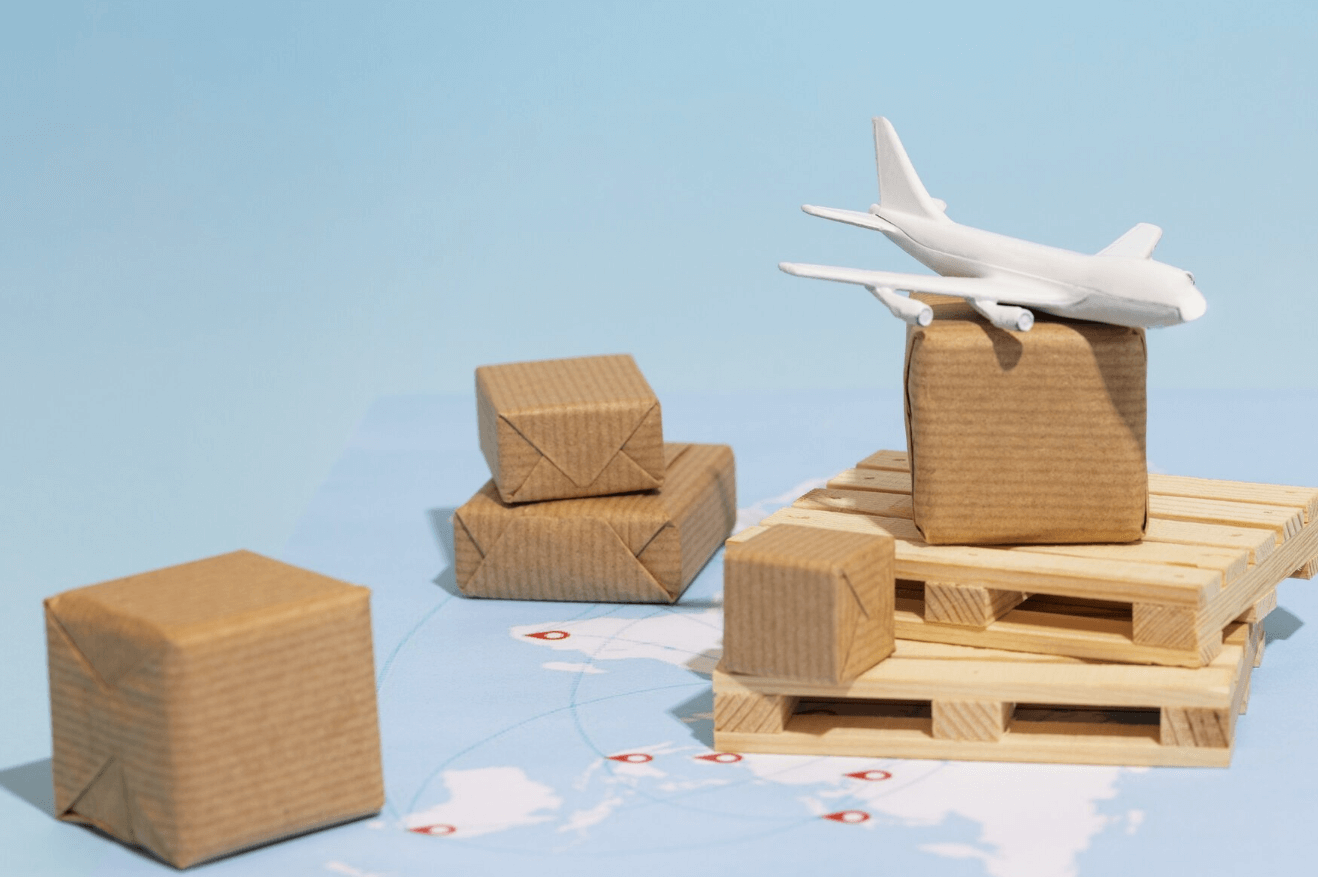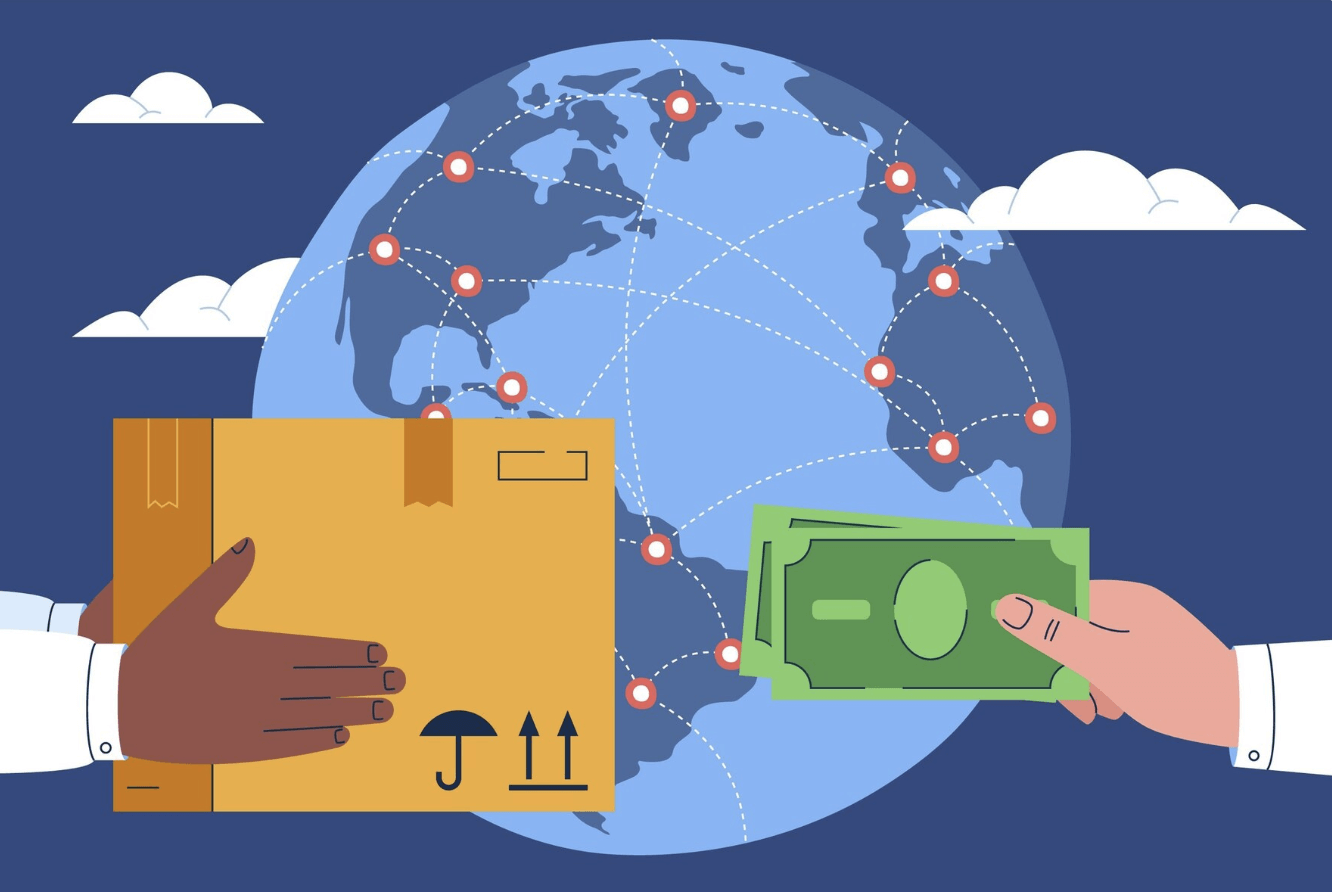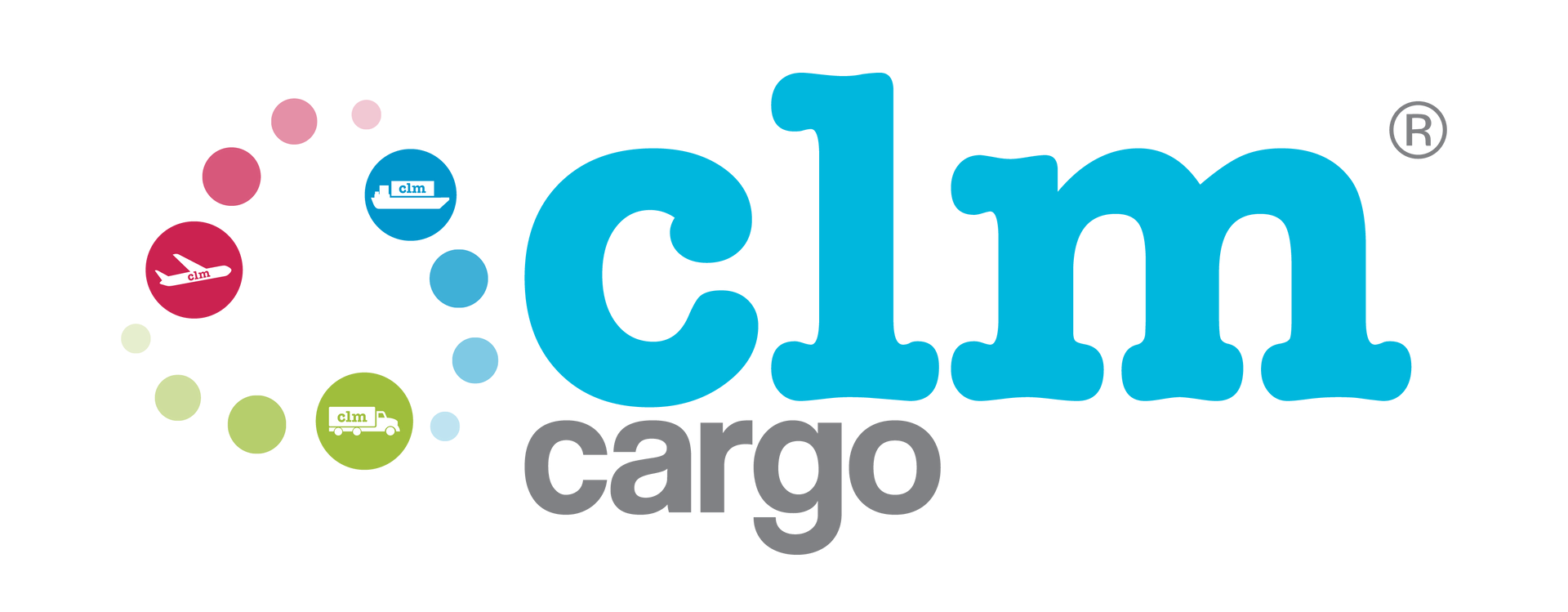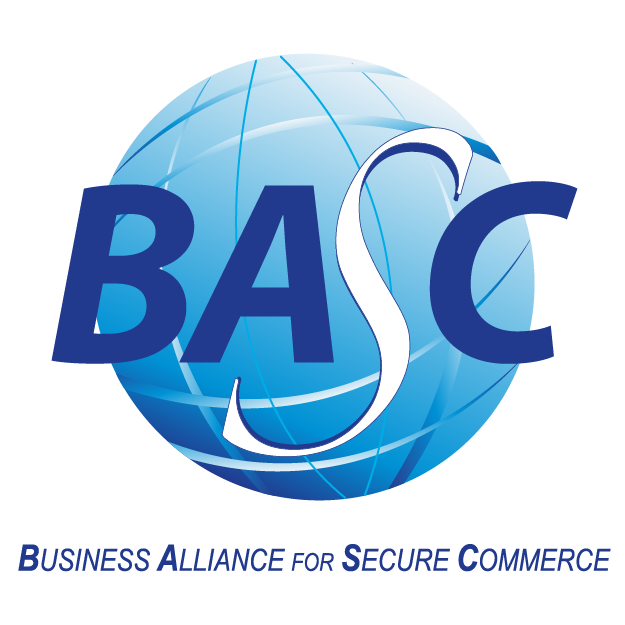Import Intermediation

Import intermediation is a crucial process in Colombian foreign trade. Customs Brokerage Companies (SIA) facilitate compliance with customs regulations and ensure that goods enter the country legally. This article addresses the main aspects of import intermediation, including its regulatory framework, the import process, and the selection of an appropriate SIA. The functions and responsibilities that these companies assume in international trade will be explained.
Concept and Function of Import Intermediation
Import intermediation is an essential component of foreign trade, enabling the movement of goods between countries. This process is carried out through specialized entities that ensure all operations comply with current regulations.
Role of Customs Brokerage Companies
Customs Brokerage Companies (SIA) play a key role in ensuring the legal and efficient import of products. Their main functions include:
- Advising importers on current regulations.
- Correctly classifying goods to ensure accurate tariff categorization.
- Verifying and managing all required documentation for the customs process.
- Facilitating communication with customs authorities and control agencies.
Differences Between Import and Export
It is essential to understand that import and export, although interrelated, have clear differences. Importing involves receiving goods from abroad into the country, while exporting refers to sending goods to foreign markets. These differences imply distinct regulations and procedures, which underscores the importance of professional support at every stage.
Benefits of Proper Intermediation
Having proper intermediation during the import process offers multiple benefits for both large and small companies. Some of these benefits include:
- Reducing legal risks by complying with customs regulations.
- Speeding up the clearance process, avoiding unnecessary delays.
- Optimizing costs related to tariffs and other taxes.
- Gaining access to expert advice that allows for more effective goods movement.
Regulatory Framework and Legal Standards
The regulatory framework in Colombia is essential for the proper functioning of customs operations. The regulations establish guidelines to ensure legal compliance in foreign trade.
Key Decrees and Regulations in Colombia
Import intermediation activities are governed by several decrees that establish the legal foundations. The most notable include:
- Customs Statute (Decree 2685 of December 1999)
- Decree 1232 of June 2001, which complements the Customs Statute
- Decree 1909 of 1992, which defines customs intermediation and its functions
Legal Standards Governing Customs Operations
Colombian law regulates customs procedures, providing a clear framework for managing imported goods. Importers must comply with:
- Regulations from the National Tax and Customs Directorate (DIAN)
- Rules on tariff classification and applicable duties
- Provisions regarding the documents required for importation
Fines and Penalties for Non-Compliance
Non-compliance in the import process can lead to severe penalties. Some consequences include:
- Financial fines, which vary depending on the severity of the infraction
- Detention of goods at customs until irregularities are resolved
- Ineligibility to operate in foreign trade
Import Process in Colombia
The import process in Colombia requires meeting a series of steps and requirements to ensure goods enter in accordance with current regulations. Proper preparation and management during this process are key to avoiding setbacks.

Document Preparation and Drafting
To initiate an import process, it is essential to gather all the necessary documentation. Each document serves a specific purpose and is vital for the release of goods.
Importance of the Certificate of Origin
This certificate verifies the country of origin of the goods. Its proper submission may result in the application of tariff preferences that reduce costs.
National Customs Documentation
This consists of forms and specific documents required by DIAN. It includes the customs declaration, the commercial invoice, and the bill of lading, among others.
Tariff Classification of Goods
Tariff classification is a vital process that determines the applicable taxes and duties. An error in this classification can lead to penalties or significant additional costs.
Factors Influencing Classification
- Technical description of the product
- Final use of the goods
- Legislation applicable to the product
Impact on Taxes and Duties
Proper classification enables the accurate determination of costs associated with importation. This directly impacts the profitability of the commercial operation.
International Freight Transportation
International transport is a critical aspect. Choosing the appropriate mode optimizes time and costs in the delivery of goods.
Modes of Transport: Air, Sea, and Land
- Air: Ideal for urgent and high-value goods
- Sea: Recommended for large volumes and heavy goods
- Land: Used for domestic transport or routes in neighboring countries
Key Aspects in Freight Transportation
Considering safety, timely delivery, and proper cargo handling conditions is essential to avoid damage and delays.
Storage in Free Trade Zones
Storage in free trade zones offers tax benefits and facilitates customs operations. It is a strategic resource, especially for companies seeking to reduce costs and optimize their international logistics.
Selecting a Customs Brokerage Company
Choosing the right Customs Brokerage Company (SIA) is fundamental to the success of foreign trade operations. Below are the key aspects to consider in this process.
Aspects to Consider When Choosing
Proper selection of an SIA should be based on a series of criteria that ensure a reliable and effective service.
Experience and Market Reputation
The SIA’s track record in the market is crucial. It is advisable to investigate their specific experience with the type of goods to be imported. Reputation can be verified through references or testimonials from previous clients.
Technical and Administrative Capabilities
Assessing the technical and administrative capabilities of the SIA is essential. This includes its human resources, technology, and ongoing staff training on customs regulations. A well-equipped SIA can efficiently handle customs processes and required documentation.
Quality of Service and Customer Care
Quality customer service is a key pillar. A good SIA should provide personalized service tailored to each client’s needs. This includes effective communication and support throughout the import process.
Offering Cost Improvements
The lowest price does not always guarantee the best option. It is crucial that the SIA offers value proposals that include long-term cost savings. A competitive offer should be supported by service quality, not just low fees.
Benefits of Having a Headquarters in Bogotá
Having a main office in Bogotá can be a significant advantage. Its location allows more direct access to customs institutions and facilitates the handling of import-related processes due to the geographical and administrative centrality of the capital.
Roles and Responsibilities in Foreign Trade
Foreign trade in Colombia is governed by a series of roles and responsibilities that are essential to ensuring the proper and transparent flow of goods. Customs Brokerage Companies (SIA) play a key role in this structure.
Responsibilities of SIAs in Colombia
SIAs have fundamental responsibilities that ensure legality and efficiency in customs processes. Their main obligations include:
- Managing the customs documentation required for each import and export operation
- Advising on compliance with legal regulations related to international trade
- Classifying goods and determining costs associated with importation
- Preventing penalties for potential non-compliance with regulations
Key Functions in the Import and Export Process
The functions of SIAs are varied and cover different aspects of foreign trade. The most significant include:
- Preparing and submitting customs declarations
- Verifying the consistency of submitted documentation
- Managing permits and licenses required to legalize the goods
- Coordinating with customs authorities to streamline the clearance process
How to Ensure an Efficient and Compliant Operation
To ensure that foreign trade operations are carried out efficiently, it is essential to follow certain recommendations. These include:
- Selecting an SIA with proven experience and a good reputation in the sector
- Staying up to date with current international trade regulations
- Implementing an effective document management system to minimize errors
- Training staff in customs-related topics and applicable regulations
Frequently Asked Questions About Customs Intermediation
Questions about customs intermediation are common among importers. Below are the most frequently asked questions in this field, covering fundamental and operational aspects.
Top Questions from Our Clients
Many importers ask about procedures and regulations related to intermediation. Some of the most common concerns include:
- What documents are required to start the import process?
- What are the responsibilities of a Customs Brokerage Company?
- How is compliance with customs regulations ensured?
Common Questions About Processes and Requirements
Throughout import operations, various questions arise about current procedures and specific requirements. Frequently asked questions include:
- What role does the certificate of origin play in an importation?
- How is the tariff classification of goods carried out?
- What steps must be taken to submit a customs declaration?
Personalized Advice and Case Studies
It is essential to receive guidance tailored to each importer’s specific needs. Personalized services may include:
- Consulting on specific sector regulations
- Reviewing previous cases to identify risks and opportunities
- Support in preparing the required documents






